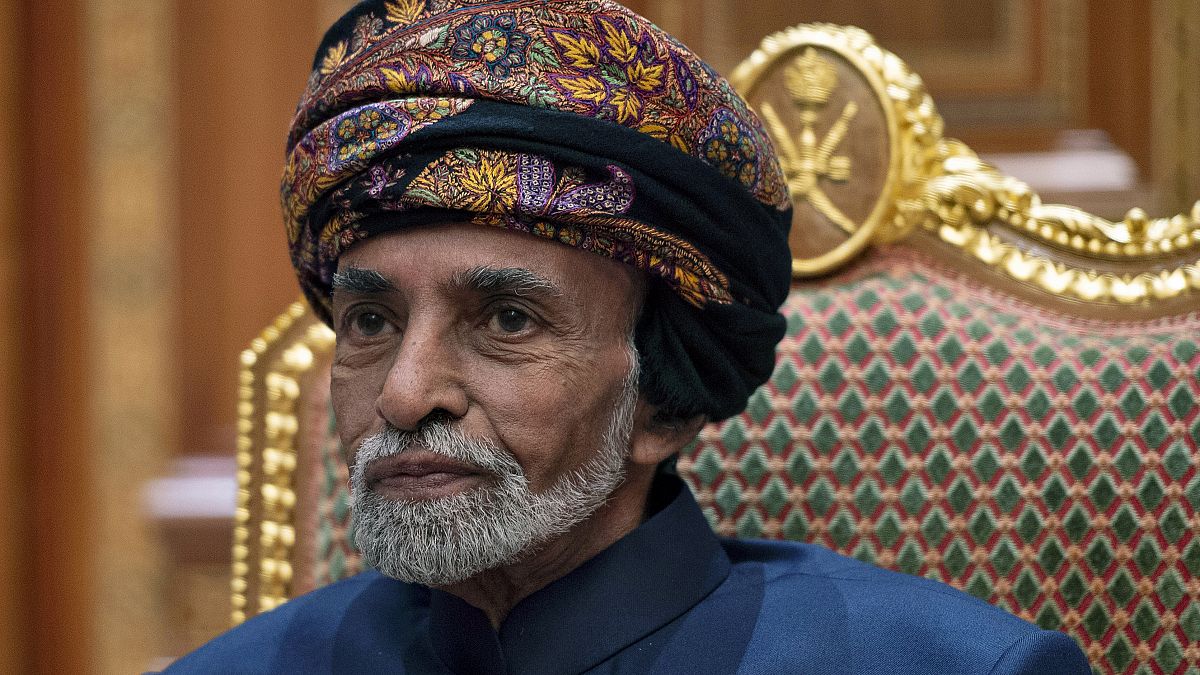The Sultan came to power in a 1970 coup and ruled the country for 50 years.
Oman's Sultan Qaboos bin Said, the Middle-East's longest-serving monarch, has died at the age of 79.
Sultan Qaboos seized power in a 1970 palace coup and pulled his Arabian sultanate into modernity while carefully balancing diplomatic ties between adversaries Iran and the U.S.
His death was announced by the state-run Oman News Agency via its official Twitter account. The royal court in the country declared three days of mourning.
The news agency mourned the death of the Sultan and said his "balanced policy" of mediating between rival camps in a volatile region had earned the world's respect.
The British-educated, reclusive sultan reformed a nation that was home to only three schools and harsh laws banning electricity, radios, eyeglasses and even umbrellas when he took the throne.
Under his reign, Oman became known as a welcoming tourist destination and a key Mideast interlocutor, helping the U.S. free captives in Iran and Yemen and even hosting visits by Israeli officials while pushing back on their occupation of land Palestinians want for a future state.
The sultan's death had raised the risk of unrest in the country. Sultan Qaboos was unmarried, had no children and did not publicly name an heir.
Yet within hours, Oman state television announced Haitham bin Tariq Al Said, who had served as the sultanate's culture minister, as the new sultan.
Sultan Qaboos stood out in the region with his colourful turbans and willingness to stand apart.
The Sultan notably hosted diplomatic talks between Iran and the United States leading up to the 2015 nuclear deal.
He is responsible for modernising the country, building schools and roads, but maintained a strong grip on power. Public gatherings require permission and there is heavy censorship in the country.
